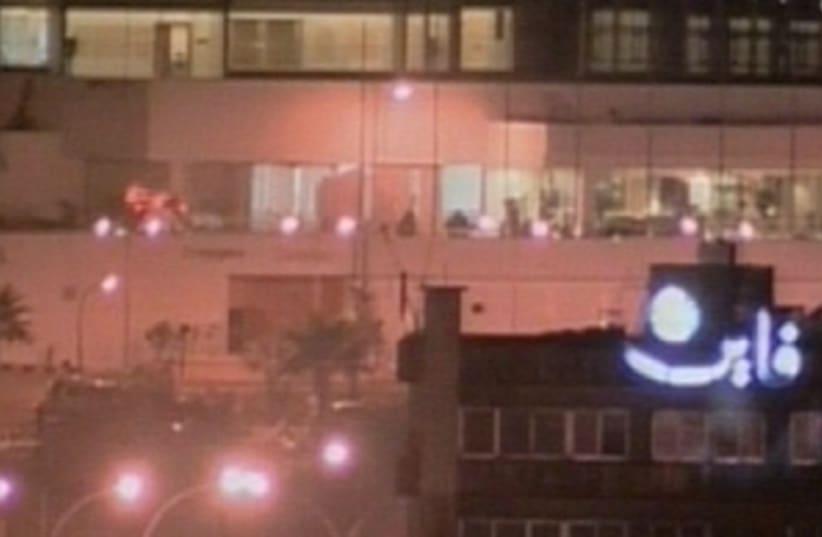| More about: | Arab citizens of Israel, Amman, Arabic language, Abdullah II of Jordan |
Israeli Arab killed in Amman blasts
Arab resident of east J'lem, 2 senior PA officials also among 56 dead.


| More about: | Arab citizens of Israel, Amman, Arabic language, Abdullah II of Jordan |